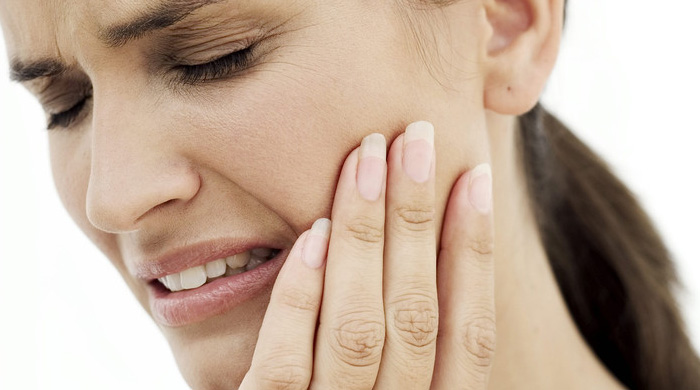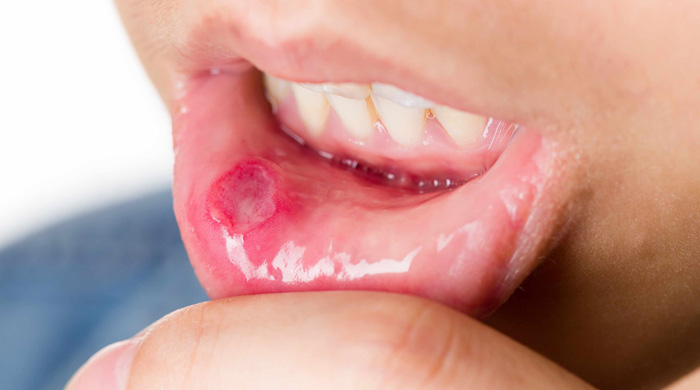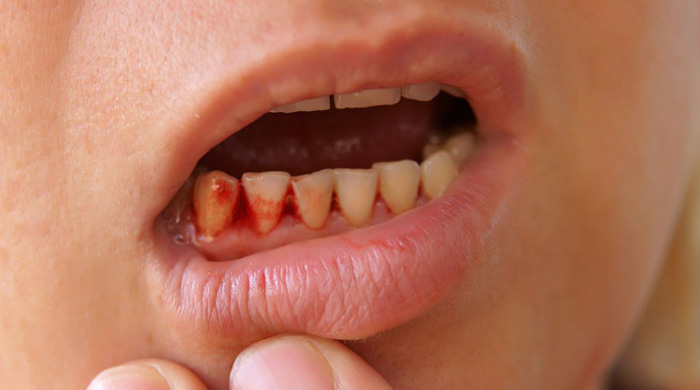Many things can cause these symptoms, which can make it difficult to diagnose. Possible causes include sinus problems, toothache, arthritis, injury, teeth grinding, gingivitis or problems with your jaw like TMJ. Your dentist will conduct a thorough exam, which may include X-rays, to determine the source of the pain.
quadsimia
6. Bad Breath
Bad breath can be caused by what you eat, not cleaning your mouth, dry mouth, smoking or other medical conditions. Persistent bad breath can also be one of the warning signs of gum disease. Brushing twice a day and flossing daily are essential to reducing bad breath and preventing gum disease. Brushing your tongue can help too. If you’re concerned about what’s causing your bad breath, see your dentist. They can determine the cause and treatment plan.
7. Mouth Sores
Types of mouth sores include canker sores, cold sores, leukoplakia and candidiasis. They vary in their severity and causes. Mouth sores could be the symptom of a disease or disorder; infection from bacteria, viruses or fungus or result from irritation caused by braces, dentures or the sharp edge of a broken tooth or filling. Your dentist should examine any mouth sore that lasts a week or longer.
8. Bleeding or Sore Gums
Bleeding or sore gums can be a sign of gingivitis, an early and reversible stage of gum disease, or simply the result of brushing too hard or starting a new flossing routine. If your gums bleed regularly, or enough to worry you, make an appointment with your dentist or physician, it could be a sign that something else is wrong.
9. Sensitive Teeth
If your teeth hurt when you drink hot or cold beverages, you may have sensitive teeth. This can be the result of tooth decay, fractured teeth, worn fillings, gum disease, worn tooth enamel or an exposed tooth root due to gum recession. Treatment will depend on the source of sensitivity. If you’re concerned about the sensitivity of your teeth see your dentist for diagnosis and treatment options.
10. Toothache
If your mouth or jaw hurt, it could be from a toothache. Toothaches usually indicate a cavity but they can also signal gum disease. In some cases, a toothache is a sign of an abscess or impacted tooth. A toothache should be evaluated by a dentist right away to determine the cause of the problem and prevent the tooth from dying.







